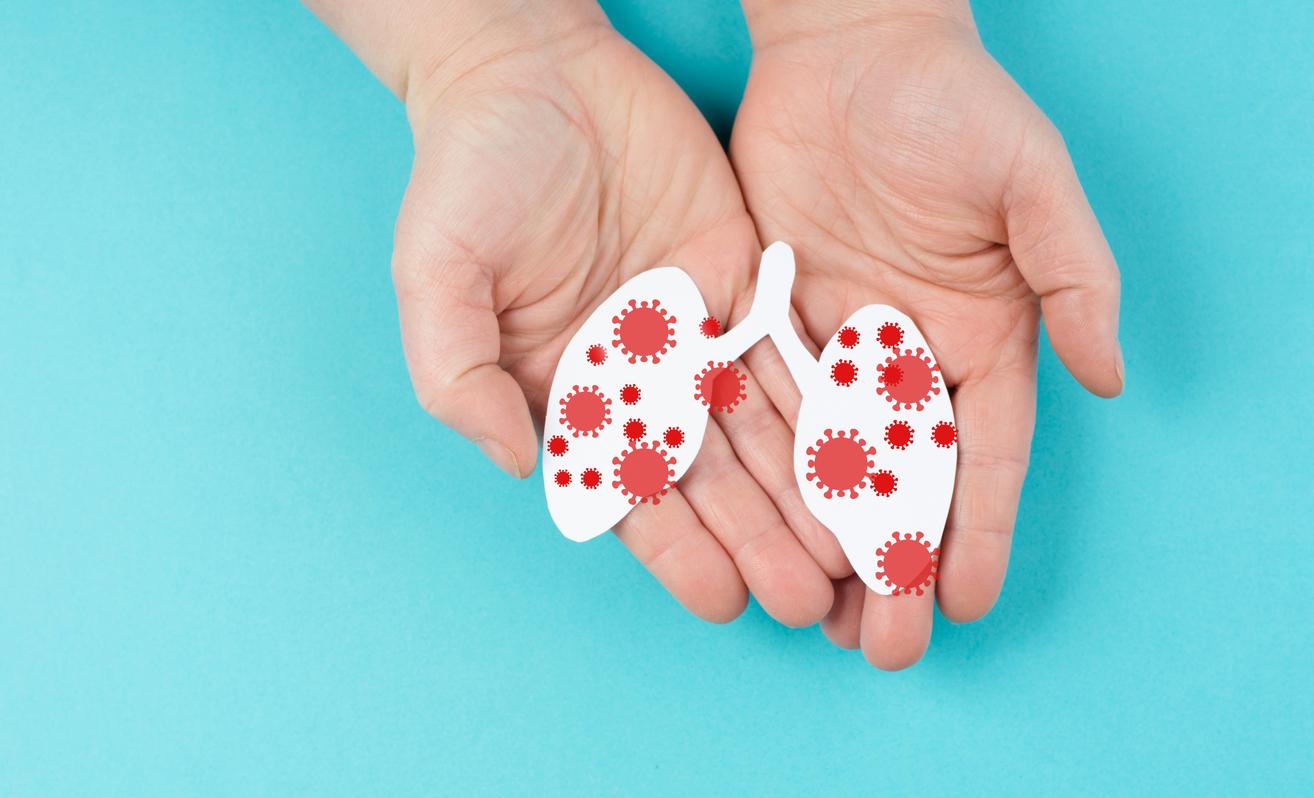Cirrhosis of the liver is a chronic condition that prevents the liver from performing its normal function.
The liver is an organ in the upper right part of the abdomen, part of the digestive system. The liver has several life-support functions: processing nutrients, making proteins, sugars or glycogen save. The liver also plays a role in regulating the body’s hormone, blood sugar and cholesterol levels, as well as in fluid balance. The liver filters out unwanted substances and helps the body fight infections.
Cirrhosis is a chronic, progressive liver disease that prevents the liver from performing its normal function. This disease is usually caused by chronic alcohol abuse, but can also be caused by hepatitis infection or other diseases.
When the liver is damaged by alcoholism or other diseases, scar tissue develops in the healthy liver tissue. Because of the scar tissue, blood cannot flow properly through the liver, and as a result, the liver cannot perform its normal function. When the underlying cause of cirrhosis persists, such as if a person does not reduce their drinking, the cirrhosis progresses and liver function declines. Even when the cause of cirrhosis is corrected, the damage to the liver cannot be repaired or reversed.















